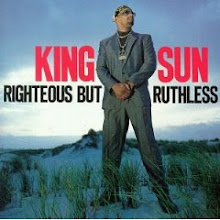In jurisprudence, a natural person is a human being perceptible through the senses and subject to physical laws, as opposed to an artificial, legal or juristic person, i.e., an organization that the law treats for some purposes as if it were a person distinct from its members or owner.
A legal person, also called juridical person or juristic person,[1] is a legal entity through which the law allows a group of natural persons to act as if they were a single composite individual for certain purposes, or in some jurisdictions, for a single person to have a separate legal personality other than their own.[2][3] This legal fiction does not mean these entities are human beings, but rather means that the law allows them to act as persons for certain limited purposes—most commonly lawsuits, property ownership, and contracts. This concept is separate from and should not be confused with limited liability or the joint stock principle.[4] Also note that basic rights (like the rights to free speech and due process of law) do not necessarily follow from legal personhood. A legal person is sometimes called an artificial person or legal entity (although the latter is sometimes understood to include natural persons as well). Although the concept of a legal person is more central to Western law in both common law and civil law countries, it is also found in virtually every legal system.
Self-ownership (or sovereignty of the individual, individual sovereignty or individual autonomy) is the moral or natural right (aka Freedom) of a person to be the exclusive controller of his or her own body and life. It is the concept of property in one's own person. According to G. Cohen, the concept of self-ownership "says that each person enjoys, over herself and her powers, full and exclusive rights of control and use, and therefore owes no service or product to anyone else that she has not contracted to supply."


No comments:
Post a Comment